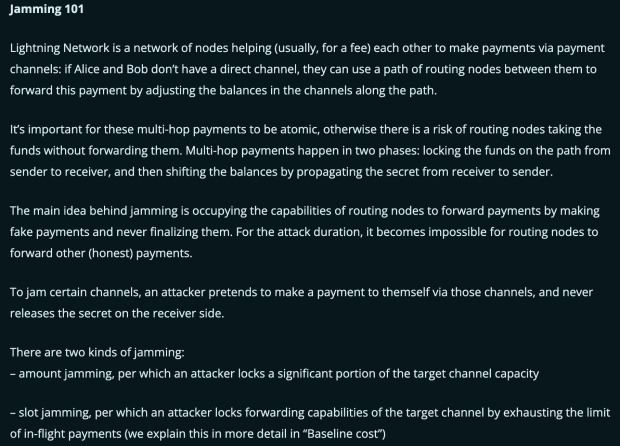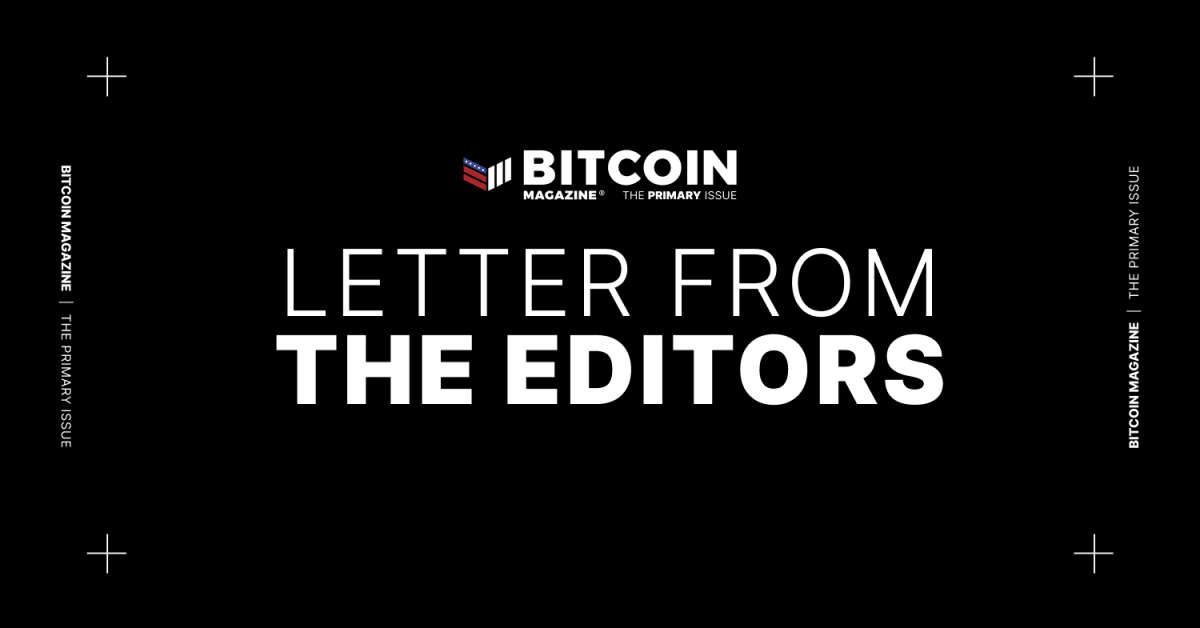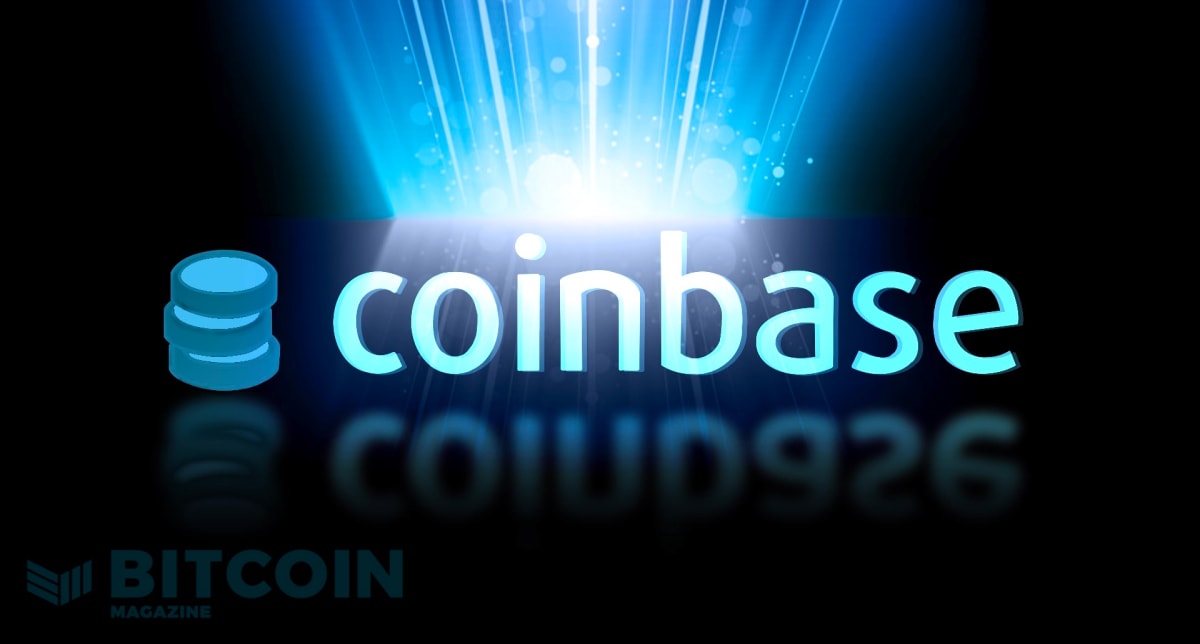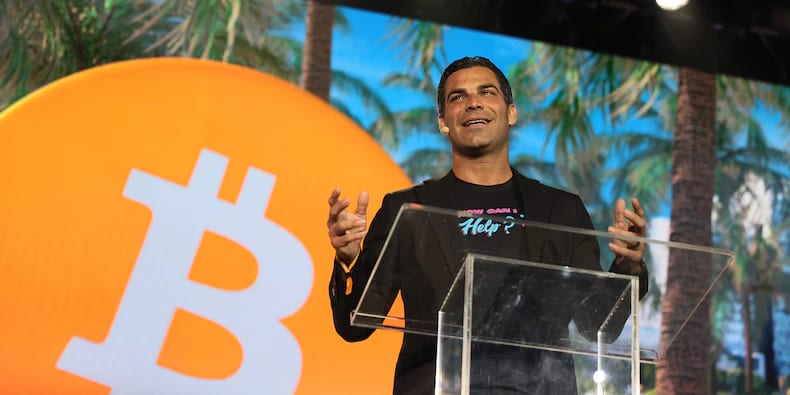Casa’s New ‘Bitcoin Inheritance’ Product Aims to Protect Generational Wealth
Bitcoin self-custody platform Casa announced that it’s launching a new inheritance product — Casa Inheritance — for its global customer base.
Casa, known for helping crypto investors secure their BTC and other digital assets with multisig vaults, aims to make it easy for its customers to transfer their digital assets to their loved ones when said customers pass away.
“What we’ve found through talking to our customers is that their family members do not know how to use a hardware wallet and do not want to [use them],” co-founder and CEO of Casa Nick Neuman told Bitcoin Magazine.
“This [product] lets them have an experience that feels really comfortable. They just use the Casa mobile app to access [the] funds. It reduces anxiety [at] a time when they’re already feeling pretty anxious,” he added.
Casa Inheritance employs the technology that underpins all of its products: multi-key vaults. To access these vaults, a customer must use a combination of different private keys, a security protocol known as multi-signature or “multisig.”
Casa Inheritance comes with a 3-key vault and costs $250 per year, according to a press release shared with Bitcoin Magazine. To unlock the funds in the vault, a user only needs two of the three keys.
The setup and transfer process look like this: A Casa customer grants a recipient access to one of the encrypted private keys via the Casa app. If the customer is incapacitated, the recipient can request access to the vault via the app, which sets into motion a six-month waiting period.
The customer is notified of the request. If they don’t decline it, the recipient gains access to the account with the private key the customer shared as well as another private key that Casa holds. All of this is accomplished without any KYC (know-your-customer) requirements.
Originally, Casa only offered this type of service to its private client members, but in the wake of the spot bitcoin ETFs coming to market, Casa has received more inquiries from people looking to hold actual BTC and transfer it across generations.
“After the ETFs launched, we’ve been getting more [inquiries] from people [who are] realizing that one of the really big benefits of bitcoin is that you can own it yourself,” Neuman told Bitcoin Magazine.
“For people who are using Bitcoin as a hedge against systemic risk in the legacy financial system, you cannot hold Bitcoin in an ETF and still have that same investment thesis,” he continued. “So, [our new clients] have been thinking about their thesis and what types of solutions actually align with it. The one that aligns with that type of hedge is self-custody.”
“So, then you need to think: Within the realm of self-custody, how do I make sure I have a solution that’s secure, easy to use and solves all of the problems that I would need to solve if I were holding a meaningful amount of wealth in bitcoin? And inheritance is a huge part of that. [They] need to make sure that wealth can actually be passed from generation to generation.”
For more information on Casa Inheritance and Casa’s other products, visit the company’s website at https://casa.io/.









